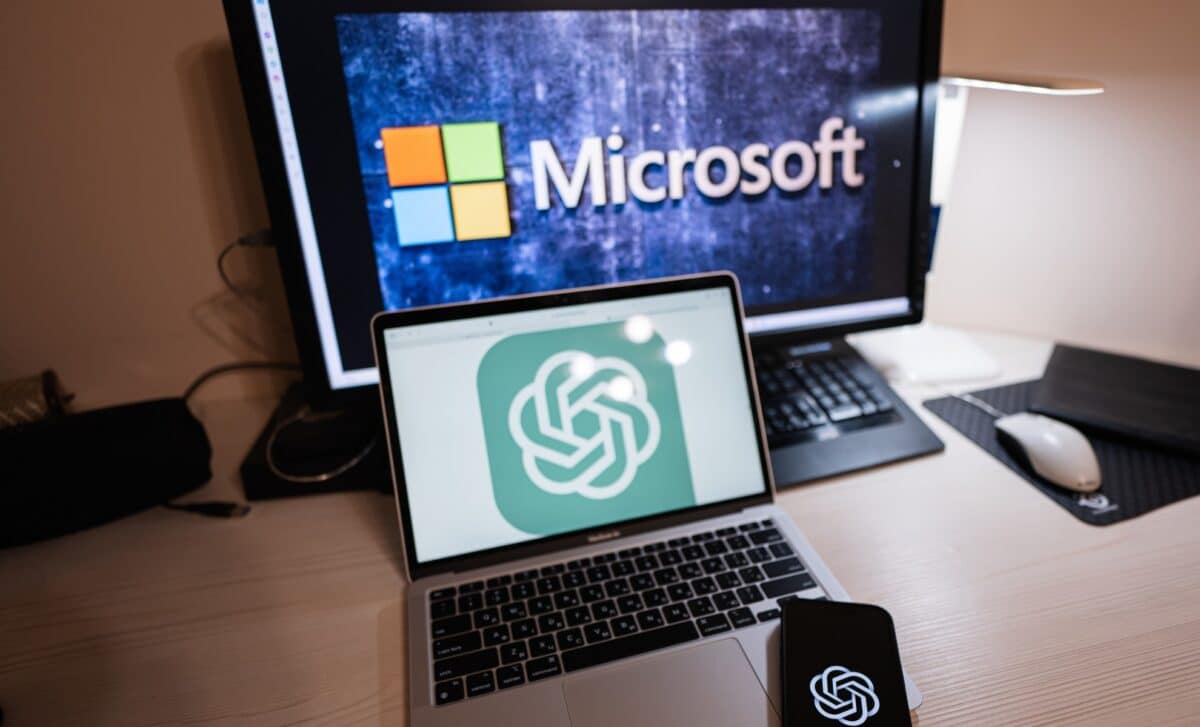The once-thriving partnership between OpenAI and Microsoft is now facing serious challenges, raising questions about the future of ChatGPT. What was initially a mutually beneficial relationship has become fraught with tension, largely due to financial disagreements and differing visions for the companies’ future. The friction between these two tech giants could have major consequences for the AI industry.
OpenAI and Microsoft’s collaboration has been central to the rise of ChatGPT, a key player in the artificial intelligence sector. Microsoft’s investments, totaling billions, helped OpenAI develop and deploy its technologies at scale. However, by 2025, the two companies are no longer in perfect harmony. Disputes over ownership and financial stakes threaten to unravel their relationship, which could directly affect the AI landscape.
A Forgotten Ship Resurfaces… 2,500 Meters Underwater: What They Found Is Chilling
Financial Disputes at the Core of the Conflict
The root of the conflict between OpenAI and Microsoft appears to be a battle over financial control and ownership. According to Frandroid, Microsoft has invested heavily in OpenAI, including a \$1 billion stake in 2019 followed by an additional \$10 billion in later years.
With the planned shift of OpenAI toward becoming a for-profit company, Microsoft has expressed a desire for a larger equity stake, possibly ranging from 20% to 49%. On the other hand, OpenAI is wary of giving Microsoft too much control, fearing that such a move would undermine its financial autonomy and future revenue potential.
This clash over ownership stakes has escalated into a tense situation, with reports suggesting that OpenAI could accuse Microsoft of anti-competitive practices if these demands are pursued. Such accusations would add fuel to an already volatile relationship between the two companies, especially given the ongoing scrutiny of large tech firms by antitrust authorities in the U.S.
The Risks of Parting Ways
Despite the growing tensions, both companies remain deeply intertwined in their operations. Microsoft’s Azure servers support much of OpenAI’s infrastructure, which powers ChatGPT. A severance of this partnership could have devastating consequences for OpenAI, according to Frandroid.
OpenAI’s ability to maintain and scale its AI models is directly tied to Microsoft’s cloud services. Without this support, OpenAI would be forced to turn to other cloud providers, such as Amazon or Google, but both companies already have their own AI ambitions and may not be willing to offer the same level of support.
The risk of a split is not limited to operational challenges. OpenAI could also face difficulties in raising funds for future projects, as the company is transitioning from a non-profit model to a more conventional business structure. This transition is delicate, and a fractured relationship with Microsoft could jeopardize OpenAI’s ability to secure the necessary investment to maintain its competitive edge in the rapidly evolving AI field.
What It Means for ChatGPT’s Future
If OpenAI and Microsoft cannot resolve their differences, the most immediate impact will be on ChatGPT itself. According to Frandroid, OpenAI has already struggled with finding the necessary resources to meet the growing demand for its chatbot technology.
A breakup with Microsoft would exacerbate this issue, limiting OpenAI’s ability to maintain the infrastructure required to run and improve ChatGPT. Additionally, OpenAI could find it challenging to compete with other AI-driven companies like Google and Amazon, who have their own powerful cloud infrastructures and AI capabilities.
Sam Altman, CEO of OpenAI, has acknowledged that without adequate resources, the company would struggle to keep up with the increasing demands for its models. A shift away from Microsoft’s cloud could significantly slow down the development of future versions of ChatGPT, potentially diminishing its relevance in the competitive AI space.








